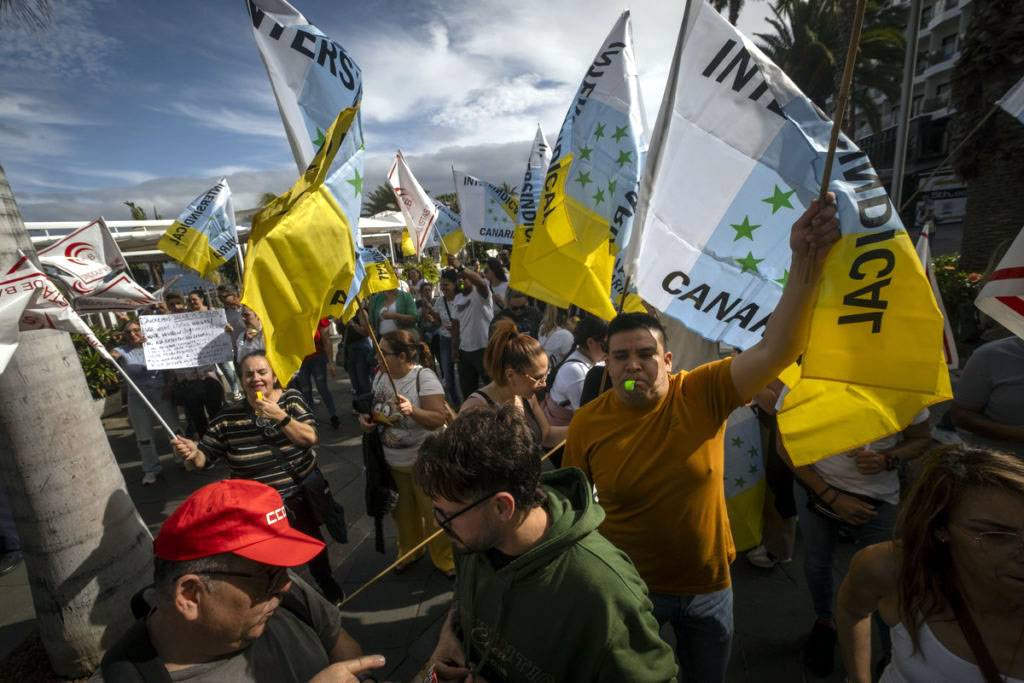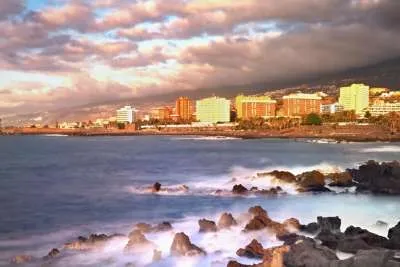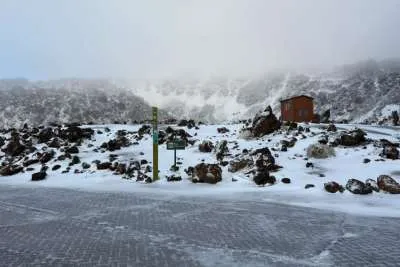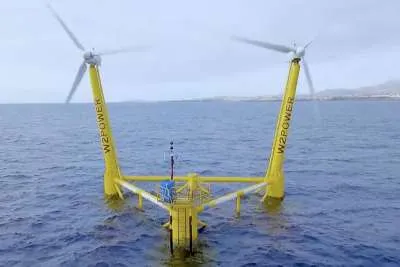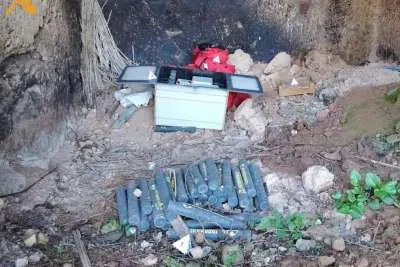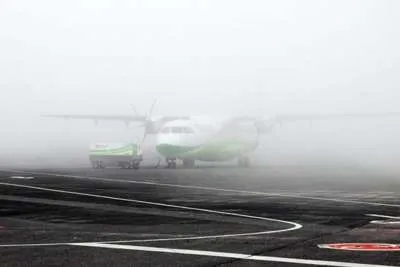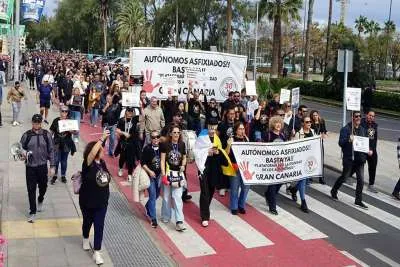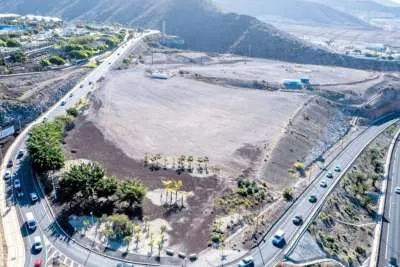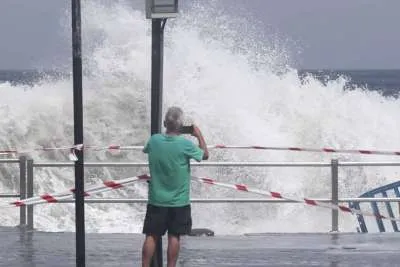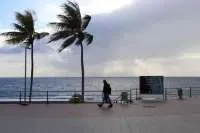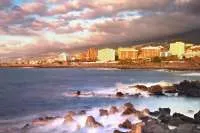South Tenerife sees highest participation in hotel workers strike with over 80% support
- 17-04-2025
- Tenerife
- Canarian Weekly
- Photo Credit: DA / Fran Pallero / Sergio Méndez / Iván Alonso
The first day of the two-day strike in the hotel sector across Tenerife and the western islands, has seen a strong response, with trade unions estimating average participation at 70%. The highest levels of support have been recorded in the south of Tenerife, where some hotels have reported that over 80% of staff joined the protests.
The strike, which affects nearly 80,000 hotel workers across Tenerife, La Palma, La Gomera, and El Hierro, including over 30,000 employed in aparthotel complexes, has taken place peacefully. Numerous marches and picket lines formed outside hotels in key tourist areas from 6.30 this morning to present workers’ demands.
The Hospitality Workers’ Union Committee, composed of six unions with Sindicalistas de Base holding the majority, described the mobilisation as a success, particularly in the food and kitchen departments.
They criticised the minimum service requirements imposed by the Canary Islands Government, ranging from 15% to 25%, as excessive and illegal. Employers, represented by Ashotel and AERO, have so far declined to provide participation data, stating they are still compiling figures, although they view the government's decision as "courageous."
According to the unions, participation varies by region, with La Gomera seeing around 60% support, and no data yet available from La Palma. Union leaders are hopeful that the strength of this first day will be exceeded tomorrow (Good Friday) and are calling for negotiations to resume immediately on Monday to avoid further strike action.
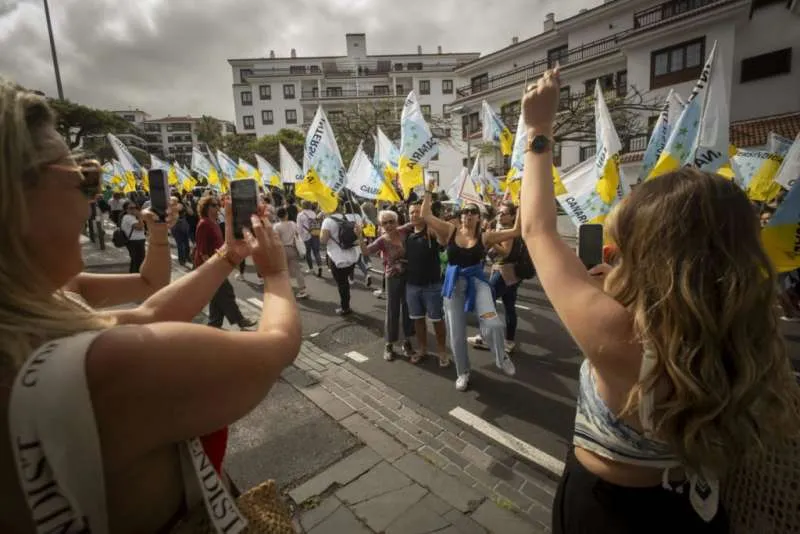
However, Ashotel's general manager, Juan Pablo González, has taken a firm stance, declaring that the last offer, which was rejected by workers’ assemblies, has now been withdrawn. He indicated that any new discussions would begin “from scratch,” without any preconditions.
The previously proposed agreement, brokered with the assistance of the Canary Islands President, included a 6% overall salary increase and measures to safeguard purchasing power. A commitment was also made to establish a new negotiating committee by the end of April.
Despite the breakdown in talks, the regional government has reported that the strike is unfolding calmly and without incident. The Deputy Minister for Tourism, José Manuel Sanabria, stressed that while the government respects the right to strike, it must also ensure the safety and well-being of guests, as the strike coincides with one of the busiest times of the year.
Sanabria also emphasised the importance of protecting the image of the Canary Islands as a tourist destination, noting that labour disputes can have a negative impact on its reputation.
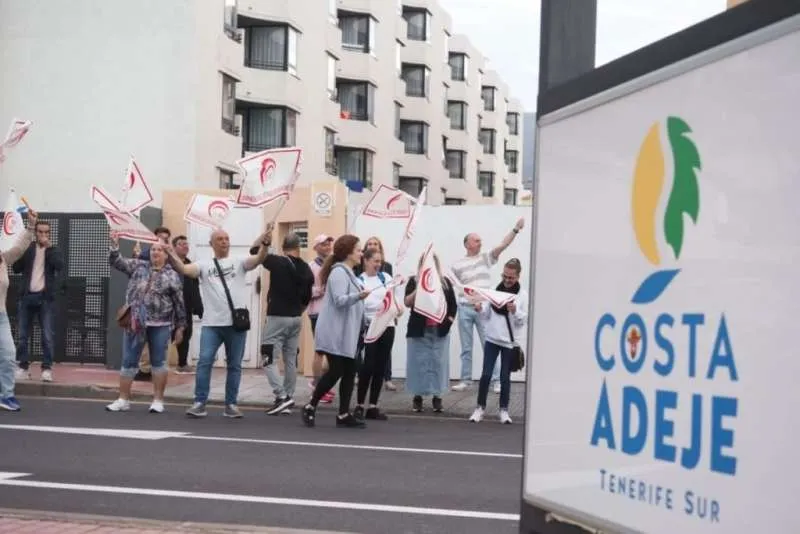
Other articles that may interest you...
Trending
Most Read Articles
Featured Videos
TributoFest: Michael Buble promo 14.02.2026
- 30-01-2026
TEAs 2025 Highlights
- 17-11-2025


